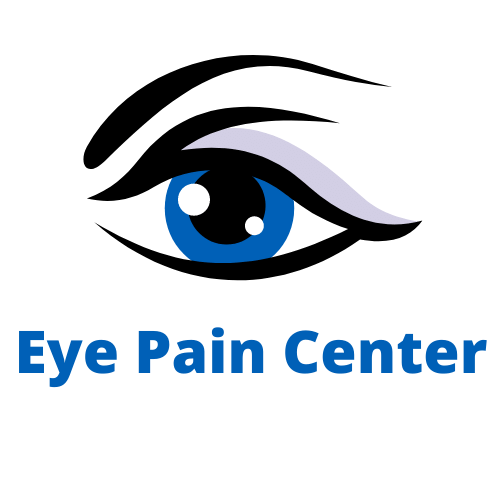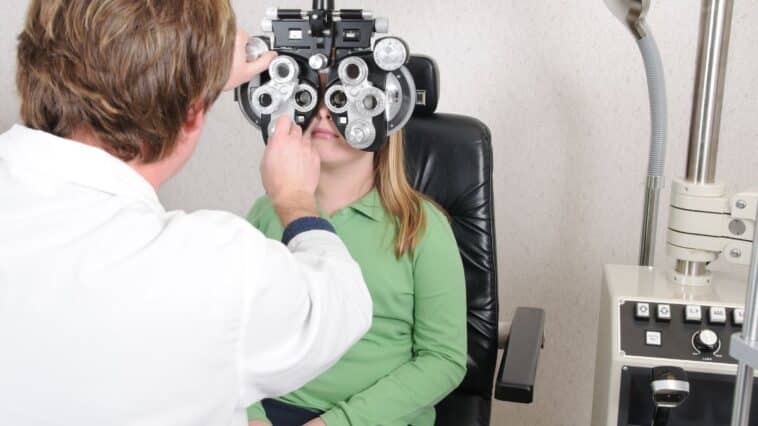Choosing The Right Eye Doctor For Your Child
When it comes to eye care for your child, choosing the right eye care professional is essential. While there are similarities in the services provided by different eye care professionals, such as vision testing, prescription of eyeglasses, and medications for non-surgical eye health conditions, there are also crucial differences.
Ophthalmologists (MD) are medical doctors and surgeons specializing in eye care’s medical and surgical aspects. They are the professionals to see when your child has a diagnosed problem with their eye health that requires medical or surgical intervention. Ophthalmologists have completed four years of medical school, a three-year residency in ophthalmology, and usually, an additional one to two years of specialized fellowship training.
Optometrists (OD) are doctors of optometry who perform vision tests and routine eye health services. They are like primary care doctors for the eyes and can prescribe glasses or corrective lenses to patients with otherwise healthy eyes. Optometrists can also prescribe eye drops and other medications to promote eye health. They have completed four years of post-graduate doctoral training.
Orthoptists (CO) are eye care professionals who specialize in addressing specific eye problems related to vision, eye alignment, and eye movements. Orthoptists work in collaboration with ophthalmologists to examine patients and develop treatment plans. They have an undergraduate degree and two years of orthoptic fellowship training and must be certified by the American Orthoptic Council (AOC).
Choosing the right eye care professional for your child depends on their needs. If your child has a diagnosed eye condition that requires medical or surgical intervention, an ophthalmologist will be the best option. However, if your child has healthy eyes but needs routine vision care, an optometrist can provide the necessary services. If your child has specific eye problems related to vision, eye alignment, or eye movements, an orthoptist can help address those issues in collaboration with an ophthalmologist.
Some eye care professionals may provide overlapping services, and it’s always a good idea to consult with your child’s pediatrician or family doctor before deciding. Your child’s doctor can recommend or refer an eye care professional best suited to meet your child’s specific needs.
Where To Start With Eye Doctor For Your Child?
When it comes to eye care for your child, knowing where to start is essential. If your child is experiencing a medical eye condition, such as strabismus, ptosis, or excessive tearing, it’s best to begin with, an ophthalmologist. However, an optometrist is typically the first point of contact for routine eye exams and assessments. They can evaluate your child’s eyes and refer them to a specialized ophthalmologist at a hospital, such as the Children’s Hospital of Philadelphia (CHOP) if further medical attention is needed.
What to Expect During Your Child’s Eye Exam with an Optometrist
During your child’s visit to an optometrist, they will undergo a comprehensive eye exam to detect potential eye-related diseases. The exam will include a refraction test to evaluate your child’s vision and a visual function and eye health assessment. Depending on their discretion, the optometrist may dilate your child’s eyes during the first visit and may do so during future visits.
Based on the exam’s results, the optometrist may prescribe glasses that can be filled by an optician or medications to treat non-surgical eye health issues if necessary. If your child requires further medical attention, the optometrist will refer you to an ophthalmologist.
When To See an Orthoptist
If your child is dealing with eye alignment and or eye movement issues, the ophthalmologist may recommend follow-up visits with an orthoptist. An orthoptist will execute the medical treatment plan that the ophthalmologist has prescribed.
Orthoptists have the skills to address vision and eye movement issues arising from how muscles and nerves work in and around the eye. Some of the eye conditions that orthoptists can tackle include misalignment of the eyes, such as drifting, wandering, or crossing eyes, lazy eye (amblyopia), double vision (diplopia), eye muscle weakness (palsies), and involuntary eye shaking (nystagmus).
What to Expect When Taking Your Child to an Orthoptist
When taking your child to an orthoptist, you can expect a thorough consultation that includes a vision test and an assessment of eye movements and alignment. The orthoptist will also review your child’s medical history and any previous eye exams.
Based on the exam results, the orthoptist will work with the ophthalmologist to create a treatment plan tailored to your child’s needs. This may include eye exercises, patching treatment, or eye drops to improve vision and alignment.
The orthoptist will monitor your child’s progress throughout the treatment process and adjust the treatment plan as needed. In some cases, surgical intervention may be necessary, and the orthoptist will coordinate with a pediatric eye surgeon to ensure your child receives the best possible care.
At What Age Should Your Child See an Eye Doctor?
Eye care is essential at every stage of life, and for children, it is recommended to start early. The American Academy of Ophthalmology and the American Association for Pediatric Ophthalmology and Strabismus recommend that children have their first comprehensive eye exam at 6 months of age, followed by another exam at 3 years old, and then at least once every two years after that, or as recommended by their eye care professional.
Note that if a child is experiencing any vision problems or shows signs of an eye condition, they should be seen by an eye care professional regardless of age. Parents should also be aware of their family’s history of eye conditions, as some conditions can be hereditary and may require earlier and more frequent screenings.
Conclusion
Ensuring your child receives appropriate eye care is crucial for their health and well-being. Depending on their specific needs, your child may need to see different types of eye care professionals, such as optometrists, ophthalmologists, and orthoptists.
Following your pediatrician’s recommendations for regular eye exams and seeking additional care if any concerns arise is essential.
By prioritizing your child’s eye health and seeking professional care, you can help ensure that they have the best possible vision and eye function.






